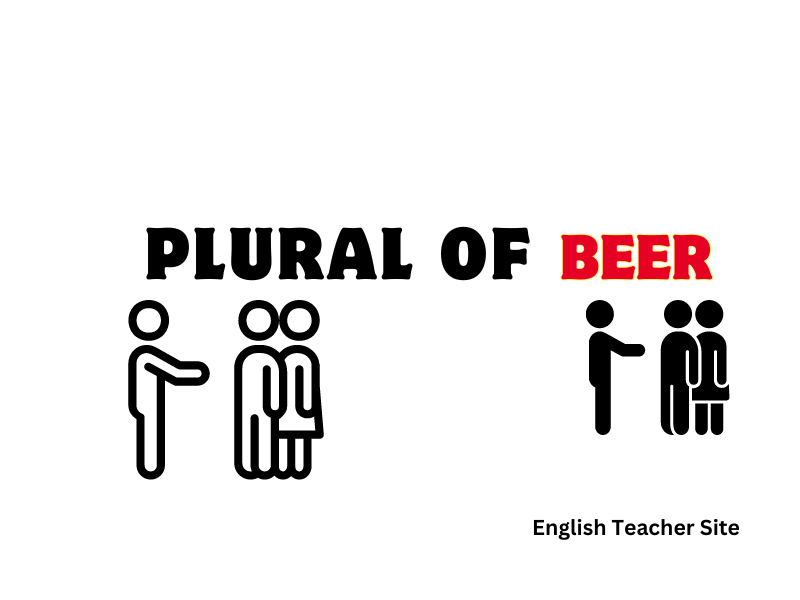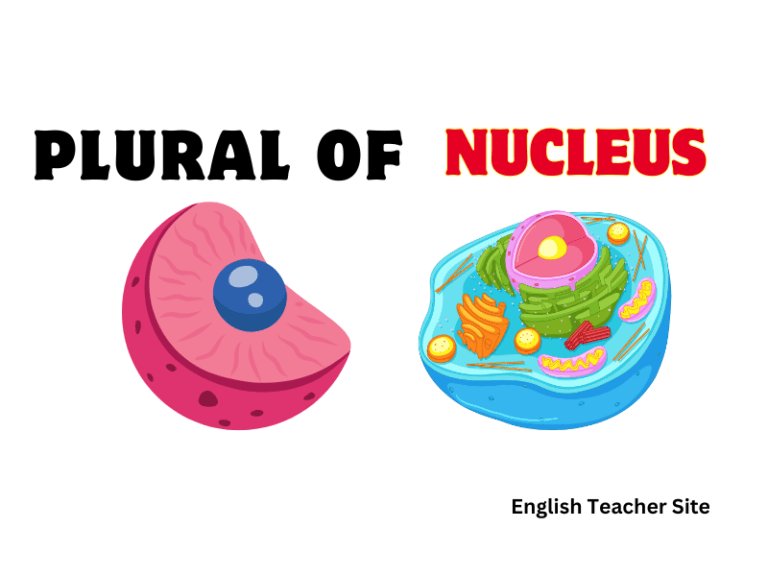What’s the Plural of Beer: Understanding Beverage Terminology

- The word “beer” is used as both singular and plural when referring to the quantity of the beverage.
- “Beers” is used to indicate different types or kinds of the alcoholic beverage.
- Context is essential in choosing the correct form between “beer” and “beers.”
The plural of “beer” generally remains unchanged when discussing the beverage in quantity. But when specifying different varieties, one might hear “beers” used to distinguish among the options. For example, a bar menu might list an assortment of “beers” to inform customers about the variety available. Consequently, context dictates the appropriateness of using “beer” or “beers.”
What’s the Plural of Beer?
The term beer refers to an alcoholic beverage made from fermented grains. When speaking of beer in a general sense, or when referring to an unspecified quantity, it is typically uncountable and thus remains unchanged as “beer”.
Singular and Plural Usage:
| Singular Use | Plural Use |
|---|---|
| A glass of beer | Several glasses of beer |
| Would you like some beer? | They brew many kinds of beer |
However, when discussing different types or varieties, “beers” can be used to convey specificity.
Contextual Examples:
- Countable: I’ve tried five new beers this month.
- Uncountable: I enjoy beer with my dinner.
General versus Specific:
- Beer (General):
- Indicates the beverage in a non-specific manner, e.g., “Beer is served at the pub.”
- Beers (Specific):
- Refers to types or varieties, e.g., “The brewery offers an array of craft beers.”
When speaking about servings or containers like bottles or cans, “beers” becomes perfectly acceptable in a plural context. Here’s a comparison:
| Unit of Measure | Example Sentence |
|---|---|
| Singular – Bottle | I bought a bottle of beer. |
| Plural – Bottles | I bought six bottles of beer. |
Meaning of the Word Beer
Beer is a noun referring to an alcoholic beverage made by the fermentation of cereals, primarily malted barley, flavored with hops for a bitter taste, and often contains carbonation. Historically, the roots of beer trace back to ancient times, marking it as one of the oldest drinks humans have produced. This table illustrates the basic attributes of beer:
| Attribute | Description |
|---|---|
| Base Ingredient | Malted barley or other cereals |
| Flavoring | Hops, contributes to bitterness |
| Alcohol Content | Generally less than 5% ABV (Alcohol by Volume) |
| Fermentation | Utilizes yeast to convert sugars into alcohol and carbon dioxide |
- Singular and Plural Substance: “Would you like some beer?”
- Multiple Types/Servings: “We sampled five different beers at the tasting event.”
Examples of Beer in Sentences
Here are two tables to showcase the plural form of “beer” used in sentences:
Table 1: Beer as an Uncountable Noun
| Singular | Sentence Example |
|---|---|
| Beer | She prefers beer over wine. |
| Beer | There is a lot of beer left in the keg. |
Table 2: Beer as a Countable Noun
| Plural | Sentence Example |
|---|---|
| Beers | They ordered two beers each at the pub. |
| Beers | You can find various beers from around the world at the festival. |
- The phrase “I’d like three beers, please” indicates a request for three servings of beer.
- When talking about a collection, one could say “The store offers a wide range of craft beers.”
In each of these sentences, the emphasis on different types or quantities justifies the pluralization of “beer” into “beers”. It is essential to determine whether the speaker is referring to beer as a general substance (uncountable noun) or as specific servings or types (countable noun) to use the correct form.
Synonyms of Beer
Common Synonyms:
- Ale
- Brew
- Lager
- Stout
- Porter
In casual settings, beer enthusiasts might refer to their beverage using colloquial terms. Below is a table showcasing some of these relaxed synonyms:
| Colloquial Term | Context Used |
|---|---|
| Suds | Informal gatherings or casual talk |
| Brewski | Lighthearted, friendly conversations |
| Cold one | Common in North American English |
In a historical and global context, different styles of beer have garnered their own specific names. Here is a succinct table outlining these varietals:
| Beer Variety | Description |
|---|---|
| Pilsner | A type of pale lager |
| IPA | India Pale Ale, hoppy beer style |
| Saison | A pale ale that is highly carbonated, fruity |
Many locales have their own traditional or regional names for beer. In Scotland, for example, they might refer to it as “heavy” for a darker ale, while in Australia, a light beer is often called a “midi” or a “pot” depending on the region and the size of the serving.
- Malt: Highlights the ingredient used in brewing.
- Hops: Sometimes used by aficionados focusing on the bitterness or aroma profile in beer.
Origin of the Word Beer
The term “beer” has a rich linguistic heritage rooted in the ancient languages of Europe. Its journey begins with the Old English word beor, which likely was used to describe a fermented beverage made from grains. Although the precise origins of the word are ambiguous and subject to debate among philologists, it’s commonly agreed that beor shares cognates with Dutch and German “bier,” and possibly with Old Norse “bjórr.”
Table 1: Cognates of “Beer”
| Language | Word for Beer |
|---|---|
| Dutch | bier |
| German | Bier |
| Old Norse | bjórr |
These words suggest a shared West Germanic ancestry for the term, hinting at a common cultural practice of beer brewing among early Germanic tribes. Modern English “beer” has maintained its form fairly unchanged from the Middle English ber, indicating a long-standing presence in the English language and culture.
Evolution of “Beer”
- Old English: Beor
- Middle English: Ber
- Modern English: Beer
The etymology of beer is not just a linguistic curiosity but hints at the social and cultural importance of the beverage throughout history. Its prevalence in the language underscores beer’s significance as a staple in everyday life across different societies and eras.
Key Components of Beer’s Origin:
- Beor (Old English)
- Ber (Middle English)
- Cultural importance
Table 2: Historical Timeline
| Period | Name for Beer |
|---|---|
| Before 12th century | bēor |
| Middle Ages | ber |
| Modern Era | beer |
My name is Khamis Maiouf. I am the creator of the English Teacher Site, dedicated to providing valuable resources and insights for students around the world. With a passion for education and a commitment to helping students enhance their skills, I aim to make English teaching more effective and enjoyable for both educators and students.






